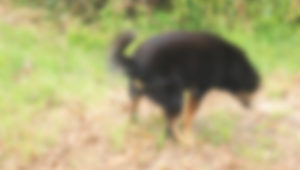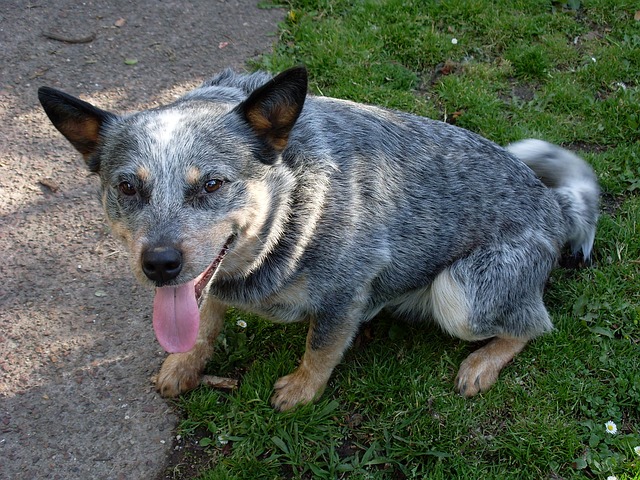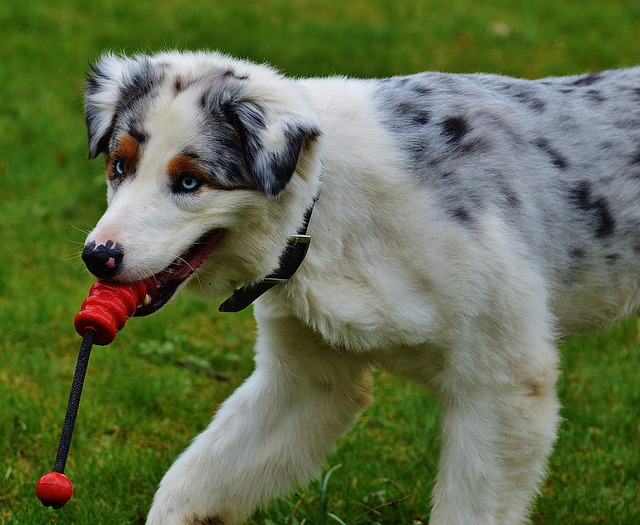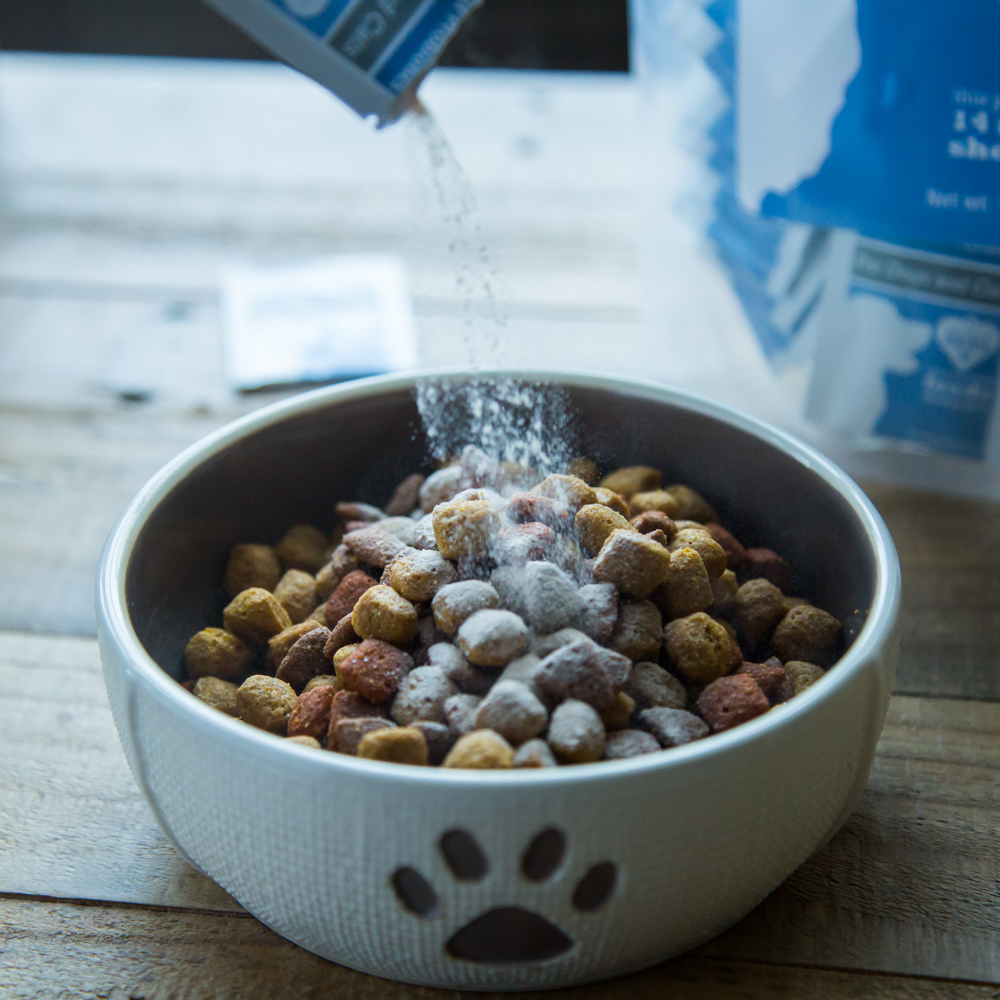
Whether your dog’s bouts with diarrhea are frequent or limited to periods of stress, you want to help your dog feel better as quickly as possible. While chronic, unexplained, or mucous-covered diarrhea warrant trips to the vet, there is one thing you can do to help your dog overcome occasional diarrhea and recover more quickly. You may be taking probiotics yourself, but did you know they can be just as beneficial for your dog as they are for you? New research is showing that probiotics are safe for dogs and as useful for them as they are for us humans.

What are probiotics, anyway?
According to WebMD:
“Probiotics are live bacteria and yeasts that are good for your health, especially your digestive system. We usually think of these as germs that cause diseases. But your body is full of bacteria, both good and bad. Probiotics are often called ‘good’ or ‘helpful’ bacteria because they help keep your gut healthy.”
RELATED: Which canine probiotic is recommended by iHeartDogs?
Probiotics have so many proven benefits for humans that veterinarians are finally starting to conduct research on the efficacy of probiotics on our furry kids. Brennen McKenzie, VMD, is a vet at Adobe Animal Hospital in Los Altos California. He has done extensive studies on the use of probiotics in dogs and believes there is evidence that there are benefits to dogs taking them. He told PetMD:
“In theory, if probiotics can pass through the stomach and colonize the intestines, they can have a variety of desired effects, such as preventing or treating diarrhea or improving other intestinal conditions, such as inflammatory bowel disease.”

Different bacteria have different benefits. Bifidobacterium is known to help improve the duration of diarrhea in dogs. It’s also good for its immune-boosting properties. Lactobacillus has been shown to help dogs increase nutrient absorption and improve the overall health of their digestive system. Dr. Jennifer Coates is a consultant for PetMD. She reports that these probiotics strains have been shown to be safe and effective in dogs.
– Enterococcus faecium
– Lactobacillus acidophilus
– Lactobacillus casei
– Lactobacillus plantarum
– Bifidobacterium bifidum
– Bifidobacterium animalis

How do probiotics work?
According to Whole Dog Journal:
“All dogs can benefit from probiotics, which aid digestion and modulate the immune system. Probiotics produce short-chain fatty acids (SCFAs), which inhibit the growth and activity of harmful bacteria, such as E. coli, Salmonella, and Clostridium perfringens, as well as providing other benefits to the intestines. Human studies have documented the effectiveness of certain strains in treating diarrhea, irritable bowel, and intestinal inflammation (fewer studies have been conducted on dogs). Probiotics may help prevent urinary tract infections, and can even reduce allergic reactions by decreasing intestinal permeability and controlling inflammation.”
How can I give my dog probiotics?
Yogurt or kefir with live cultures can be an easy and tasty way to add probiotics to your dog’s diet.

What about canned pumpkin?
You’ve probably been told that canned pure pumpkin (not pumpkin pie filling) can help clear up diarrhea. Will that work with probiotics, or should probiotics be used instead of pumpkin? Pumpkin is a great source of fiber. According to the AKC:
“Fiber also acts as a prebiotic. Prebiotics are different from probiotics. They stimulate the growth or activity of these beneficial bacteria in the intestines and inhibit the growth of harmful bacteria. Fiber does this by lowering the pH level and providing the necessary nutrients these bacteria need.”
RELATED: 6 Things To Consider Before Purchasing a Probiotic for Your Dog
So pumpkin and probiotics should work well together to help your dog feel better faster.

Probiotics can be given regularly or just when you anticipate your dog will have stress-related diarrhea, such as during a trip to the vet.
Learn More About the Probiotic Formula Recommended by iHeartDogs
These statements have not been evaluated by the Food and Drug Administration. This product is not intended to diagnose, treat, cure, or prevent any disease. The information on this website is not intended to replace a one-on-one relationship with a qualified healthcare professional.
(H/T: PetMD, AKC, NCBI, Whole Dog Journal, AKC)
Original source: https://iheartdogs.com/the-easy-natural-trick-to-helping-your-pup-overcome-diarrhea/
